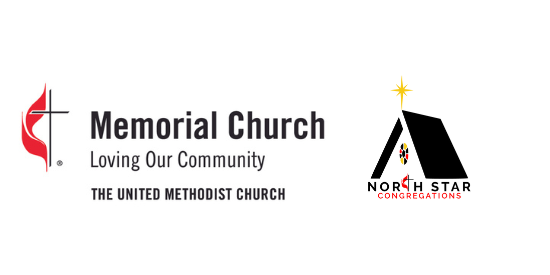Our New Normal
One of the things that is most difficult about our “new normal” since COVID19 is our ability to know what time it is. I am writing this on a Sunday morning. I know it’s Sunday, because I received invitations to worship at Memorial United Methodist Church and Fairview United Methodist Church. [And I did. Worship, that is. But it seemed rather odd to watch myself leading worship at Memorial UMC while sitting in my kitchen. The service was recorded Thursday, which felt like Sunday – not really. I had to be ready, but there was no congregational gathering, and we recorded in pieces, whenever the participants were able to arrive.] Other people are having similar difficulties, looking at a computer or calendar to verify what day of the week, what date it is. It doesn’t help that in 2020, maybe because of it being a leap year, holidays seem to be earlier or later than expected. For example, it feels like this should be Labor Day weekend, but it isn’t. Tomorrow is August 31, and Labor Day isn’t until September 7. School starts – and closures – virtually or in person – are all over the calendar, and shifting so fast we’re having trouble keeping up.
Our confusion is about the chronological divisions we create to keep our lives on schedule. The divisions are logical, based upon scientific observation of light/dark patterns and seasonal variations. Never mind that climate change is at work affecting our seasonal assumptions, and that human decisions have created daylight savings time (as if time can be “saved” by changing its designation). We have created “work weeks” of eight hours for five days, but hardly anyone works that way any more. Other countries prefer four day work weeks of ten hours per day, with three days off to regenerate. Some professions require twelve hour shifts, scattered in weird patterns that fluctuate every week. Remote working has eliminated lengthy commutes for some people, which has encouraged them to spread work hours throughout a time frame that is convenient for their work and their personal life. This season of confusion may lead to new ways of thinking about time becoming permanently different or at least more flexible.
In ancient Greece, there was another concept of time, Kairos, meaning the right, critical or opportune moment. In archery, Kairos referred to the moment when an arrow could be fired with sufficient force to penetrate a target. In weaving, Kairos was the moment when the shuttle could be passed through the threads on the loom. Perhaps while our Chronos time is confused, we might consider how this might become a Kairos moment. On a personal level, what have we delayed doing “for lack of time” that might create personal satisfaction? On a communal level, what issues might we address that have been put on a back burner for a more favorable time? Is this time when we are dealing with a global pandemic, economic shifts with no clear concept of who will be the “winners,” when racism, unequal women’s rights and other -isms are rearing ugly heads in communities and institutions a Kairos moment? Could it be this is our opportunity to re-evaluate, reconsider, renew our commitment to a new way of living together? Might we show our strength and courage by taking this Kairos moment and creating a monument to justice and mercy as our individual and collective response to the chaos and confusion of our time?
Sy Miller and Jill Jackson wrote a song in 1987 that is a pledge of allegiance to a way of living that will lead to a new world. Their composition begins and ends with the words, “Let there be peace on earth, and let it begin with me.” Now is the time to renew that pledge, to take it seriously, to live it openly, so that we might honestly say, “With God our Creator, children all are we. Let us walk with each other in perfect harmony.” Kairos time. The opportune moment. Let it be so.
Stay safe and be blessed.
Pastor Barbara
